It may help you to see how the surface of a pdf is displayed to the screen. so that one string of plain text is placed part by part on the display. (Here I highlight where the first AM is to be placed.

As a side issue that first AM in the file is I think at first glance encoded as this block
BT
/F1 12 Tf
1 0 0 1 224.20265 754.6322 Tm
[<001D001E>] TJ
ET
Where in that area 1D = A and 1E = M
So If you wish to extract each LINE as it is displayed, by far the simplest way is to use a library such as pdftotext that especially outputs each row of text as seen on page.
Thus using an attack such as tabular comma separated you can expect each AM will be given its own row. Which should by logic be " ",AM," "," " but some extractors should say nan,AM,nan,nan
As text it looks like this from just one programmable line
pdftotext -layout "Battery Voltage.pdf"
That will output "Battery Voltage.txt" in the same work folder
Then placing that in a spreadsheet becomes
Now we can export in a couple of clicks (no longer) as "proper output" csv along with all its oddities that csv entails.
,,Battery Vo,ltage,
Sr No,DateT,Ime,Voltage (v),Ignition
1,01/11/2022,00:08:10,47.15,Off
,AM,,,
2,01/11/2022,00:23:10,47.15,Off
,AM,,,
3,01/11/2022,00:38:10,47.15,Off
,AM,,,
4,01/11/2022,00:58:10,47.15,Off
,AM,,,
5,01/11/2022,01:18:10,47.15,Off
,AM,,,
6,01/11/2022,01:33:10,47.15,Off
,AM,,,
7,01/11/2022,01:48:10,47.15,Off
,AM,,,
8,01/11/2022,02:03:10,47.15,Off
,AM,,,
9,01/11/2022,02:18:10,47.15,Off
,AM,,,
10,01/11/2022,02:37:12,47.15,Off
,AM,,,
So, if the edits were not done before csv generation it is simpler to post process in an editor, like this html page (no need for more apps)
,,Battery,Voltage,
Sr No,Date,Time,Voltage (v),Ignition
1,01/11/2022,00:08:10,47.15,Off,AM,,,
2,01/11/2022,00:23:10,47.15,Off,AM,,,
3,01/11/2022,00:38:10,47.15,Off,AM,,,
4,01/11/2022,00:58:10,47.15,Off,AM,,,
5,01/11/2022,01:18:10,47.15,Off,AM,,,
6,01/11/2022,01:33:10,47.15,Off,AM,,,
7,01/11/2022,01:48:10,47.15,Off,AM,,,
8,01/11/2022,02:03:10,47.15,Off,AM,,,
9,01/11/2022,02:18:10,47.15,Off,AM,,,
10,01/11/2022,02:37:12,47.15,Off,AM,,,
Then on re-import it looks more human generated
In discussions it was confirmed all that's desired is a means to a structured list and first parse using
pdftotext -layout -nopgbrk -x 0 -y 60 -W 800 -H 800 -fixed 6 "Battery Voltage.pdf" &type "battery voltage.txt"|findstr "O">battery.txt
will output regulated data columns for framing, with a fixed headline or splitting or otherwise using cleaned data.
1 01-11-2022 00:08:10 47.15 Off
2 01-11-2022 00:23:10 47.15 Off
3 01-11-2022 00:38:10 47.15 Off
4 01-11-2022 00:58:10 47.15 Off
5 01-11-2022 01:18:10 47.15 Off
...
32357 24-11-2022 17:48:43 45.40 On
32358 24-11-2022 17:48:52 44.51 On
32359 24-11-2022 17:48:55 44.51 On
32360 24-11-2022 17:48:58 44.51 On
32361 24-11-2022 17:48:58 44.51 On
At this stage we can use text handling such as csv or add json brackets
for /f "tokens=1,2,3,4,5 delims= " %%a In ('Findstr /C:"O" battery.txt') do echo csv is "%%a,%%b,%%c,%%d,%%e">output.txt
...
csv is "32357,24-11-2022,17:48:43,45.40,On"
csv is "32358,24-11-2022,17:48:52,44.51,On"
csv is "32359,24-11-2022,17:48:55,44.51,On"
csv is "32360,24-11-2022,17:48:58,44.51,On"
csv is "32361,24-11-2022,17:48:58,44.51,On"
So the request is for JSON (not my forte so you may need to improve on my code as I dont know what mongo expects)
here I drop a pdf onto a battery.bat
{"line_id":1,"created":{"date":"01-11-2022"},{"time":"00:08:10"},{"Voltage":"47.15"},{"State","Off"}}
{"line_id":2,"created":{"date":"01-11-2022"},{"time":"00:23:10"},{"Voltage":"47.15"},{"State","Off"}}
{"line_id":3,"created":{"date":"01-11-2022"},{"time":"00:38:10"},{"Voltage":"47.15"},{"State","Off"}}
{"line_id":4,"created":{"date":"01-11-2022"},{"time":"00:58:10"},{"Voltage":"47.15"},{"State","Off"}}
{"line_id":5,"created":{"date":"01-11-2022"},{"time":"01:18:10"},{"Voltage":"47.15"},{"State","Off"}}
{"line_id":6,"created":{"date":"01-11-2022"},{"time":"01:33:10"},{"Voltage":"47.15"},{"State","Off"}}
{"line_id":7,"created":{"date":"01-11-2022"},{"time":"01:48:10"},{"Voltage":"47.15"},{"State","Off"}}
{"line_id":8,"created":{"date":"01-11-2022"},{"time":"02:03:10"},{"Voltage":"47.15"},{"State","Off"}}
{"line_id":9,"created":{"date":"01-11-2022"},{"time":"02:18:10"},{"Voltage":"47.15"},{"State","Off"}}
{"line_id":10,"created":{"date":"01-11-2022"},{"time":"02:37:12"},{"Voltage":"47.15"},{"State","Off"}}
it is a bit slow as running in pure console so lets run it blinder by add @, it will still take time as we are working in plain text, so do expect a significant delay for 32,000+ lines = 2+1/2 minutes on my kit
pdftotext -layout -nopgbrk -x 0 -y 60 -W 700 -H 800 -fixed 8 "%~1" battery.txt
echo Heading however you wish it for json perhaps just opener [ but note only one redirect chevron >"%~dpn1.txt"
for /f "tokens=1,2,3,4,5 delims= " %%a In ('Findstr /C:"O" battery.txt') do @echo "%%a": { "Date": "%%b", "Time": "%%c", "Voltage": %%d, "Ignition": "%%e" },>>"%~dpn1.txt"
REM another json style could be { "Line_Id": %%a, "Date": "%%b", "Time": "%%c", "Voltage": %%d, "Ignition": "%%e" },
REM another for an array can simply be [%%a,"%%b","%%c",%%d,"%%e" ],
echo Tailing however you wish it for json perhaps just final closer ] but note double chevron >>"%~dpn1.txt"

To see progress change @echo { to @echo %%a&echo {
Thus, after a minute or so
 however, it tends to add an extra minute for all that display activity! before the window closes as a sign of completion.
however, it tends to add an extra minute for all that display activity! before the window closes as a sign of completion.
![[1]: https://i.stack.imgur.com/25Yxc.png](../../images/3804892277.webp)






